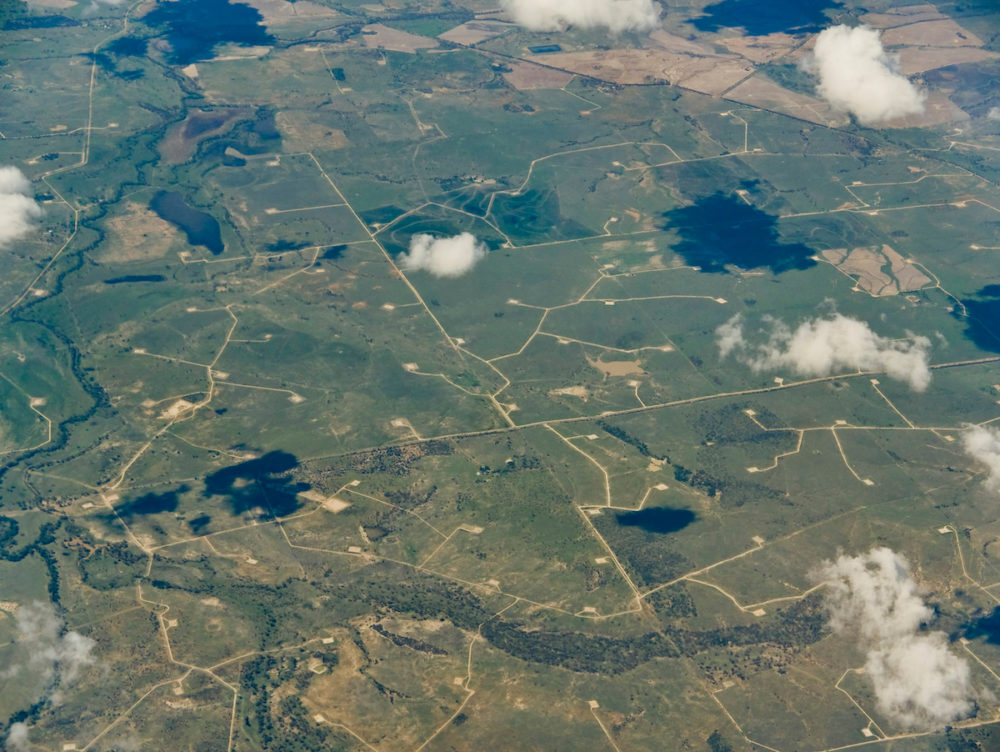In 2013, EDO lawyers fought for residents of the small NSW town of Bulga to oppose the extension of the Bulga Walkworth Coal Mine. The project proposed to extend the life of the mine for 10 more years (until 2031), to allow the extraction of an additional 18 million tonnes of coal every year and to bring the mine even closer to Bulga village.
This was an important case, not just for local people but for the wildlife and plants around Bulga. The approval controversially allowed the open-cut mining of part of a biodiversity offset that was a condition of the existing approval.
The offset area is a unique and endangered ecological community, Warkworth Sands Woodland, and is home to threatened squirrel glider and speckled warbler. The Warkworth Sands Woodland is only found in this area and only 13 percent of the original forest remains. As well as providing habitat for threatened plants and animals, this offset area is a buffer between the village of Bulga and the mine.
Our clients, the Bulga Milbrodale Progress Association, argued that the social impacts of the extension would be unacceptable, particularly because of increased noise and dust. The Association also presented expert evidence about the economic impacts of the project. This was the first time that environmental economics had been presented before the Land and Environment Court in deciding a mining project.
The Association sought refusal of the mine extension on the basis that the mining of the biodiversity offset is contrary to the public interest and ecologically sustainable development, and that the expansion would result in detrimental economic and social impacts on the Bulga community that are contrary to the principles of ecologically sustainable development.
The Court upheld the Association’s appeal and refused the project application. The Court concluded that the project would have significant and unacceptable impacts on biodiversity, as well as unacceptable noise and social impacts.
Shortly after the Court’s decision, Warkworth Mining Ltd (then owned by Rio Tinto – now owned by Yancoal) appealed to the NSW Court of Appeal, arguing that the Land and Environment Court had made legal errors in rejecting the project. The Court of Appeal unanimously dismissed Warkworth’s appeal, finding no fault with the Land and Environment Court’s decision. Warkworth was ordered to pay the Association’s costs.
New application for the mine extension
In 2015, Warkworth lodged a new, very similar, application for an extension to the mine. The Planning Assessment Commission (PAC) held a number of public hearings into the application, which meant that the community’s appeal rights to have the Land and Environment Court re-hear the case were extinguished. The PAC approved the new application in 2015.
EDO NSW continues to assist the Bulga Milbrodale Progress Association Inc in its tireless efforts to seek environmental and social justice.
Hunter Environment Lobby Case
EDO acted for the Hunter Environment Lobby (HEL) in a separate successful case to gain access to documents relating to the new application.
HEL argued that any documents relating to discussions between the mining company and the NSW Government are directly relevant to the PAC’s consideration of the new application, and should therefore be made publicly available.
The Office of Environment and Heritage (OEH) originally decided to release the documents to HEL in full under access to information laws. However, a third party objected to full disclosure on the basis that the OEH had not made public its decision within the required 15 days. The OEH decided to remake its original decision, but this time deciding to provide only partial access to the documents.
However, in October 2015, the NSW Civil and Administrative Tribunal overturned this decision and granted HEL full access to the documents.
EDO New South Wales is the legal entity acting in this case. EDO NSW began trading as EDO Ltd in September 2019.
All Mining & Fossil Fuel Updates






